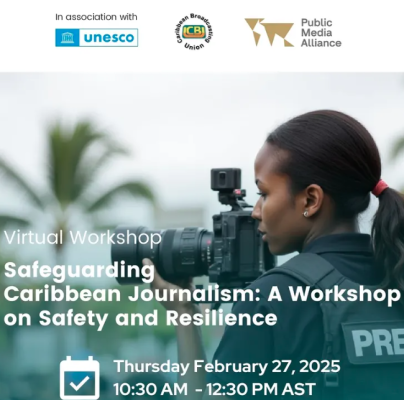3rd Regional Seminar of National Bioethics
The representatives of Latin America and the Caribbean Committees of Bioethics met in Montevideo, Uruguay on August 9 -10, 2017 for the 3rd Rergional Seminar of National Bioethics
Countries gave updates on the activities, projects and challenges of their respective Bioethics Committees some of which were in the formation process. A few committees were formed before the UNESCO Declaration of Bioethics and so were not initially supported by UNESCO; some were formed by law and some by decree from a government ministry.
It seemed that many committees were challenged on visibility and were working to raise public awareness of their work. The chairman for the Dominican Republic quite aptly stated that committees seemed to be merely surviving instead of existing. I noted that a number of committees had Philosophers, Social anthropologists and persons trained in Bioethics.
In deciding which issues to address, sometimes the technological aspects of bioethics took over from the more fundamental aspects such as issues of equality. Columbia thought that it was important to look at issues of life in the workplace, e.g. reasons for strikes and the workers’ understanding of the issues. In tackling issues, some countries found that the mix of a political agenda within policies caused conflicts to arise. Bioethics committees were therefore hampered by the fear of political backlash especially when there was a change of government and subsequent policy change. There were similarities of issues addressed such as the ability to influence government policy, whether or not to wait on an invitation to consult or to directly address policy.
Comments:
There was much discussion on the country reports and the special presentations made by 3 countries. Unfortunately, much of it was lost in translation.
It is regrettable that Jamaica is juxta-positioned between two Spanish speaking countries and many of us speak only English. We are also aligned to Latin America in Bioethics and if we are to remain with them and benefit from cross-fertilization of ideas, it would behoove us to learn to speak Spanish. An alternative would be to join with the Bioethics Society of the English-speaking Caribbean. More information on the LAC Bioethics website (www.unesco.org/ montevideo) as is a number of publications. Training in bioethics is available from UNESCO.

3rd Regional Seminar of National Bioethics. Rep was Donna McKoy, a NBCJ member 9-10 August 2017
